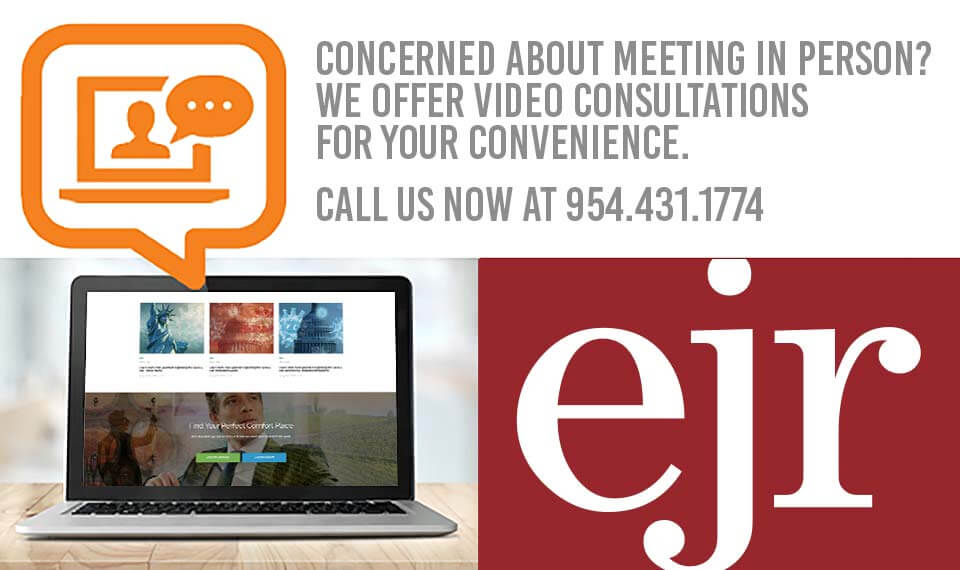With summer upon us and fiscal deadlines approaching, you may be facing the daunting task of hiring an auditor.
ERISA requires an annual audit on plans with more than 100 eligible participants. Choosing a qualified plan auditor helps insure that you meet your legal responsibility to file a complete and accurate annual report/return known as the Form 5500. This form must meet standards from both the Internal Revenue Service (IRS) and the Department of Labor (DOL).
The fees charged by CPAs for retirement plan audits can range from $5,000 to $20,000. It may be tempting to shop for auditing services on price alone, but this approach can have long term consequences.
If your Form 5500 is considered incorrect or incomplete, it is subject to rejection and Plan Sponsors could be charged substantial civil penalties. In some cases, the penalties could even double the initial cost of your audit.
• The IRS can charge you up to $250 per day, up to $150,000.
• The DOL can charge penalties of $300 per day until a complete Form 5500 is filed, up to $30,000 per year.
Full Scope Audits Are More Comprehensive Than Limited Scope Audits
The Limited Scope Audit option is available for retirement plans whose assets are prepared and certified by a bank or similar institution, or by an insurance carrier that is regulated, supervised, and subject to periodic examination by a state or federal agency that acts as a custodian or trustee. The Limited Scope option relies on the trustee or custodian holding the assets to provide certification that the investment information is accurate and complete. In a Full Scope Audit, everything in the plan, including the investments, is subject to audit testing. The Limited Scope Audit limits the information that is audited.
The Limited Scope Audit composes 65% of retirement plan audits, but it does not protect the participants, according to the former Assistant Secretary of Labor Phyllis C. Borzi. Speaking at a recent conference of Certified Public Accountants, Borzi called the Limited Scope Audit “practically useless.” She also told the attendees that the primary auditors who are most likely to produce substandard audits are those who think their rate of compensation is inadequate.
Choosing a Retirement Plan Auditor
Here is a list of things you should review before choosing an auditor for your plan:
• Your auditor must be licensed/certified – Federal law requires that the auditor you engage must be licensed or certified as a public accountant by a State regulatory authority.• Your auditor must be independent – The auditor you choose should not have any financial interests in the Plan or the Plan Sponsor. The auditor must be able provide an objective, unbiased opinion about the financial condition of the Plan.
• Your auditor should be experienced – According to the Department of Labor (DOL) one of the most common reasons for deficient accountant’s report is the failure of the auditor to perform test in areas unique to qualified plans. Hiring an auditor with training and experience in performing qualified plan audits will make it more likely the auditor is aware of the special auditing standards and rules that apply to qualified plans.
Check References Before Engaging an Auditor
• Ask about their work with other qualified plans.
• See if they are a member of AICPA’s Employee Benefit Plan Audit Quality Center. The Employee Benefit Plan Audit Quality Center helps auditors meet the challenges of performing quality audits in the complex areas of qualified plans.
• You may also wish to verify with the correct State regulatory authority that the auditor’s holds a valid, up-to-date license or certificate to perform auditing services.
When a Less Experienced Auditor Is Assigned to Your Plan
There will be some instances when a less experienced auditor may be assigned to perform the audit of your plan to reduce audit costs. When this happens, make sure that a more experienced manager or partner will be reviewing their work.
The Engagement Letter
Once you have chosen an auditor, a contract also known as an “engagement letter” will be provided by the auditor for review and approval.
The letter of engagement from your auditor should include:
• The work to be performed.
• The timing of the audit.
• The responsibilities of both parties.
Review the letter carefully and resolve any questions prior to engaging the auditor for a smoother auditing process. Many of our clients at EJReynolds, Inc. undergo an annual audit and we work with several quality audit firms. If this process is new to you, or if you are interested in speaking with a new auditor, please feel free to ask your plan’s administrator for a list of referrals.


